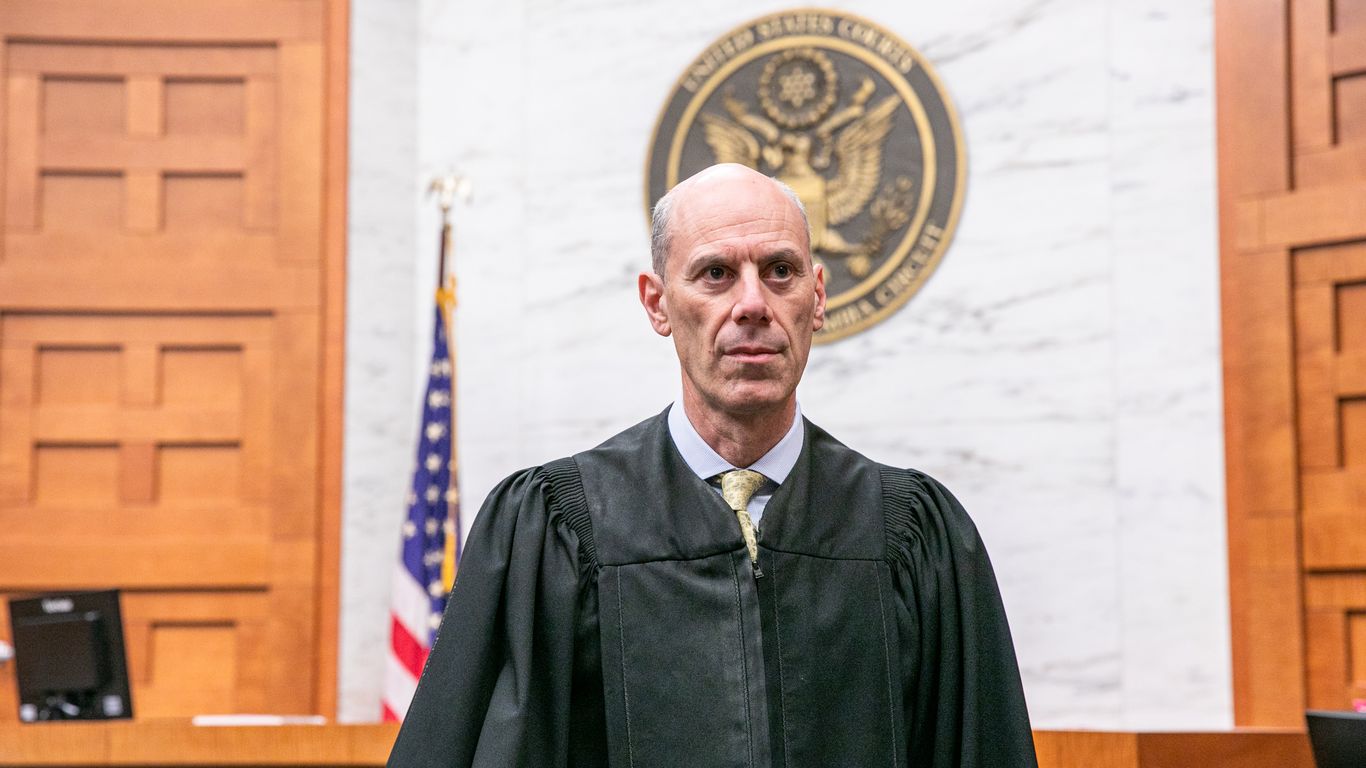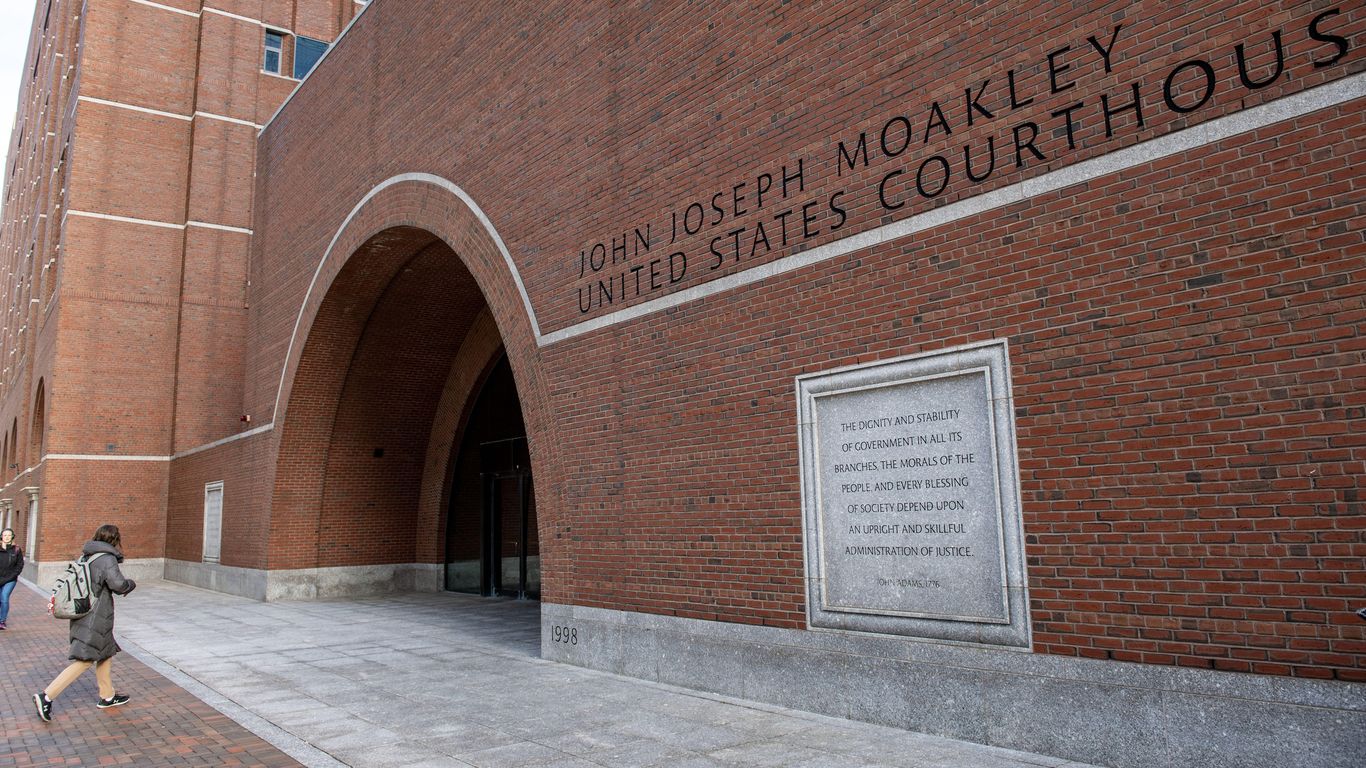DOJ's Lawsuit Against Maryland Judges Dismissed

Introduction
The Department of Justice (DOJ) recently filed a lawsuit against the federal district bench in Maryland, accusing them of impeding the deportation process. However, a judge has just dismissed the case, leaving many wondering what this means for the DOJ's efforts to enforce immigration laws.
Unusual Case
The DOJ's lawsuit named all 15 federal district court judges in Maryland as defendants, which is an unusual move that raised eyebrows in the legal community. The case was then assigned to a district judge in Virginia, who was specially tapped to oversee the proceedings. This raises questions about the DOJ's strategy and whether they have a strong case against the Maryland judges.
Implications
This dismissal could have significant implications for the DOJ's immigration policies. It is possible that the DOJ may appeal the decision, but for now, it seems that the Maryland judges will not face any consequences for their alleged obstruction of the deportation process. This case also highlights the tension between the federal government and some states when it comes to immigration policies and enforcement.
About the Organizations Mentioned
Department of Justice
The **United States Department of Justice (DOJ)** is a federal executive department responsible for enforcing federal laws, ensuring public safety, defending the interests of the United States, and upholding civil rights. Established in 1870 to consolidate federal legal affairs under the Attorney General, the DOJ has grown into a vast organization with over 115,000 employees and a budget exceeding $22 billion[1][4][5]. It operates through more than 40 component organizations, including prominent law enforcement agencies such as the Federal Bureau of Investigation (FBI), Drug Enforcement Administration (DEA), Bureau of Alcohol, Tobacco, Firearms and Explosives (ATF), and the U.S. Marshals Service[1][4][5]. The DOJ’s core mission is to uphold the rule of law, keep the nation safe, protect civil rights, and ensure a fair and impartial administration of justice across federal, state, local, tribal, and international levels[2][5]. It investigates and prosecutes federal crimes, including terrorism, drug trafficking, organized crime, financial fraud, and cybercrime. The FBI, as the DOJ’s principal investigative arm, leads in areas such as counterterrorism, counterintelligence, and cybercrime[6]. Additionally, the DOJ manages federal prisons and provides leadership and resources to state and local law enforcement agencies. Historically, the DOJ’s origins trace back to the Judiciary Act of 1789, which created the Attorney General's office. Its establishment as a separate department in 1870 allowed for greater coordination of federal law enforcement and legal representation of the government[2][4]. Over time, the DOJ has played a critical role in landmark civil rights enforcement, combating organized crime, and adapting to modern challenges such as cyber threats and international criminal cooperation[1][5]. Today, headquartered in Washington, D.C., with field offices nationwide and abroad, the DOJ continues to influence national security and justice policy, balancing traditional law enforcement with evolving technological and societal demands.















